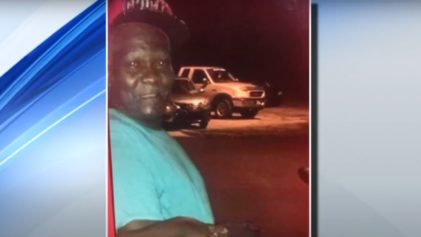As the shooting and killing of unarmed Black men by police continue to make headlines, Ellen DeGeneres is giving her take on the issue with political commentator Van Jones.
“Nothing seems to change. I can hardly talk without getting emotional,” the talk show host admitted on the Friday, April 20 episode of “The Ellen DeGeneres Show.” “I’m furious. As a white person, I’m ashamed. I see what’s going on and I think, ‘How is this possible that this keeps happening?’ … There’s just blatant racism.”
The host then explained about 14-year-old Michigan resident Brennan Walker, who asked a neighbor for directions and was shot at instead. She also mentioned Diante Yarber in California, who police gunned down as he sat in a crowded car in a Walmart parking lot.
“It’s not just the police,” Jones responds. “We’ve got some malware glitch going on in our brains.”
He then explained that as a student at Yale University, the white pupils who did drugs went to rehab while the Black people in the projects four blocks away were sent to prison.
“Same age group within eyesight of each other,” he says. “Because we have this brain glitch that says [if] he white kid does it, maybe they need a little bit of help. If a Black kid does it, we gotta punish ’em.”
Jones continued to discuss the importance of checks and balances and noted just because someone is overseeing something (like health inspectors review butchers), doesn’t mean that thing is hated.
“We have a default unwritten rule that the police are always right and so part of what I’m hoping is that we’ll start realizing, ‘Look guys, law enforcement, they’re not saints they’re not superheroes, they’re human beings, they’re city employees. … If you don’t like bad cops, it doesn’t mean you hate America it means you want everybody to be treated fairly.”
He added that as Black parents continue to see police shoot and kill innocent Black people weekly, all of society should care about what happens to every child.
“There is a brain glitch, when it’s like “Well, what did that kid do?” … Listen, by the 27th time you’re saying, ‘What did that unarmed kid do?’ maybe we should be asking, ‘What should I do and what are we doing to make this happen?”


